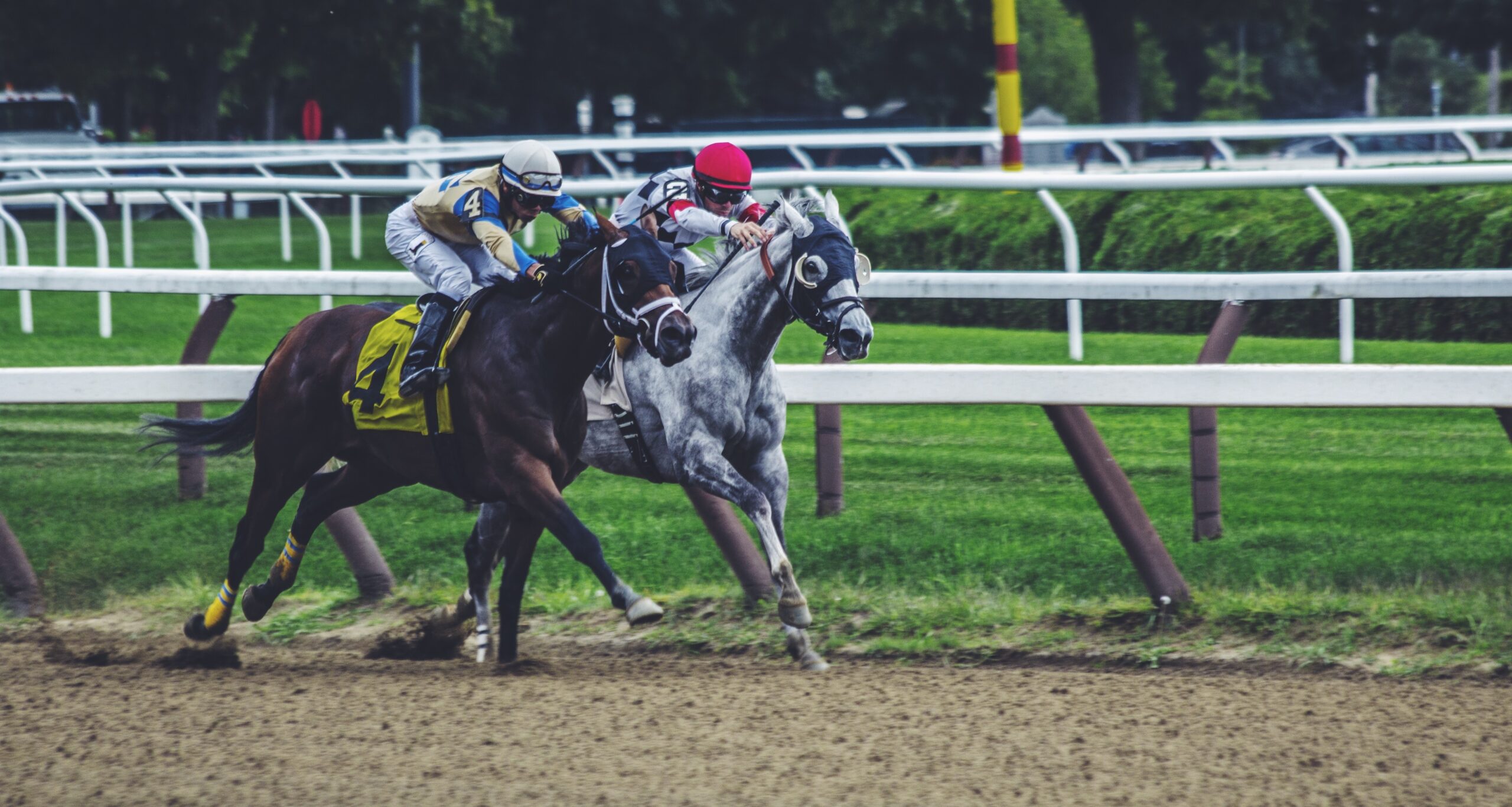Problem Gambling Course

About Course
Course title: Understanding and Addressing Problem Gambling
This course aims to equip participants with the knowledge and skills to identify, understand, and manage problem gambling.
Module 1: Introduction to Problem Gambling
Understanding Gambling
Definition of Problem Gambling
Recognizing the Types of Gambling and their potential risks
Module 2: Impact of Problem Gambling
The Psychological Impact
Societal Impact
Health Risks & Impact
Module 3: Identification and Assessment Tools for Problem Gambling
Recognizing Symptoms
Validated Screening Tools
Comprehensive Assessment Techniques
Module 4: Understanding the gambler
Psychological Factors
Co-occurring Disorders
The Mind of a Gambler
Module 5: Treatment Approaches for Problem Gambling
Counseling Techniques
Cognitive Behavioral Therapy (CBT) for Problem Gambling
Group Therapy and Support
Module 6: The Role of Medication
Psychopharmacology of Gambling
Medication Therapy
Module 7: Recovery and Prevention
Techniques for Relapse Prevention
Role of Family & Community in Recovery
Importance of Self-care for Recovering Individuals
Each module could further be broken down into its lessons. The course could include quizzes at the end of each module for self-assessment and a final examination for certification. However, this is just a general outline and it should ideally be tailored to suit specific needs.
Course Content
Introduction to problem gambling 101
-
101 quiz
Student Ratings & Reviews
Especially loved how you structured the entire focus area of dieting into most important ones to lesser ones.